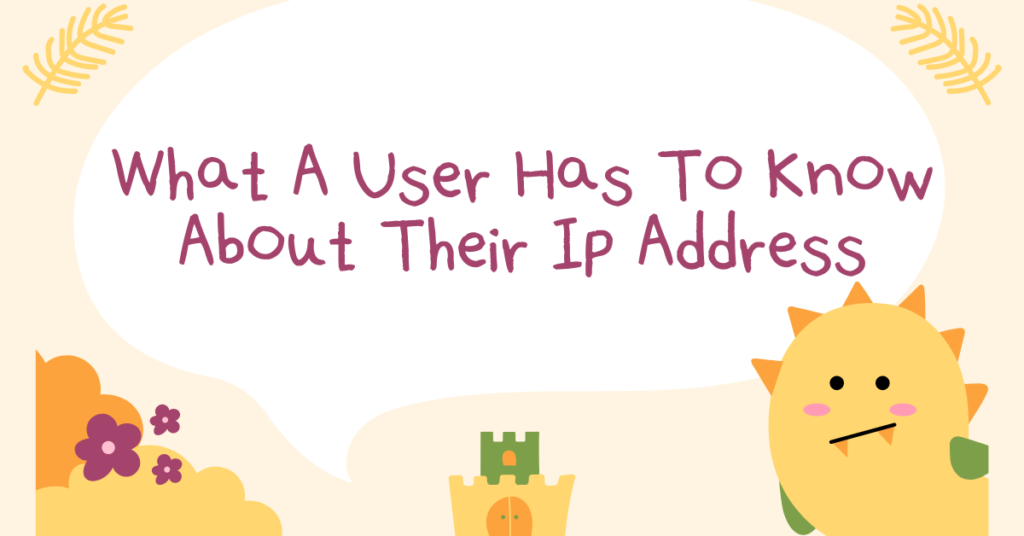Information technologies and the internet have created modern structures and systems that accelerate humanity to new heights. Automation, convenience, and digitalization make our lives much easier, to the point that new generations cannot comprehend life without them. From diverse smartphones, tablets, and computers, to digitalized web servers, each device contributes to the interconnected, expanding network that address morphs into tools and interactive entertainment platforms that we love and depend on today.
What seemed like an option skillset in the past, learning the basics of digital device usage and how a connection to the internet works is necessary to fully utilize them. Even though tech companies do everything to simplify the use of smartphones, computers, and other digital devices, having the basic knowledge of how your device accesses the internet and transmits data to recipients is very beneficial and will enable you to make adjustments and changes for simple tasks without relying on IT professionals.
In this article, we want to teach our readers about the identity that lets you connect to other devices on the internet – your IP address. We will talk about methods of identification, what is contained in your network identity, and what rules devices follow to ensure efficient communication and maintain order.
IP addresses carry a lot of information about you and your device, and connections leave footprints. To reduce privacy exposure, we will talk about tools that will help you hide your IP for anonymity protection. For example, do you feel unsafe or as if you are being watched while browsing social media? With a YouTube proxy, you can appear as a user from a different country, and the recommended videos will no longer apply to your residing region.
Using a YouTube proxy or a different proxy server that suits your needs is much easier when you have a good provider on your side. Proxy servers are intermediary servers that reroute your connection through a different location and assign a fake IP address so it is better to get a YouTube proxy or any other type of proxy server from a legitimate provider.
Data attached to your IP
The information connected to an IP address is the primary concern for internet privacy enthusiasts. Modern devices get their IPs from internet service providers. The Internet Assigned Numbers Authority distributes these chains of numbers to prominent providers and differentiates them by region.
This method of IP distribution and different connection delays, attach approximate location estimates to every address. Once you visit a website or establish a connection with another computer, communication protocols display your IP address, and with it, recipients can learn about your region. Fortunately, most of the time this information is used for localization – to present a personalized experience for visitors and offer them content and ads in an understandable format, in their native language.
Of course, there is nothing to worry about if a legitimate party handles this information. But what about unknown parties, and potential hackers? Just like it is an access point to the internet, the connection goes both ways – unauthorized parties can access your devices through your IP address if it does not have sufficient protection. While the process is very difficult and you will rarely encounter direct infiltration, there are other methods of disruption and harassment that can sabotage your internet connection.
The most popular one is a Denial of Service Attack (DDoS), where just a simple bombardment of connection requests overloads your system and causes the internet to slow down or crash. However, fear not – we will talk about protection tools that go both ways: proxy servers can protect your connections to other servers and devices, as well as incoming data requests that affect your private network.
A brief introduction to Internet Protocol
Internet Protocol (IP) is the groundwork for stable and efficient communication on the internet. Different standards (IPv4 or IPv6) determine what kind of address you will get to represent you on the internet. Every device on the network will receive an address that represents them on the internet. To learn more about the technical side of the web, look no further than educational material about the Internet Protocol and other subprotocols that dictate the rules.
Implementing proxy servers
Proxy servers shake up everything we know about an IP address and for good reasons. If your network identity and its exposure make you feel unsafe, you can access the web through an intermediary server, and deliver data packets with a different IP address attached to it.
With a good provider at your side, you can choose between thousands, if not millions of identities from numerous locations around the world and preserve the private data contained in your main IP. Network identity changes allow us to access blocked websites, either due to an individual IP ban, company or governmental policies to restrict access from other countries. Once you know the basic functionality of your IP and the information in it, you can use proxy servers to empower them to deliver and receive connection requests on your behalf.


